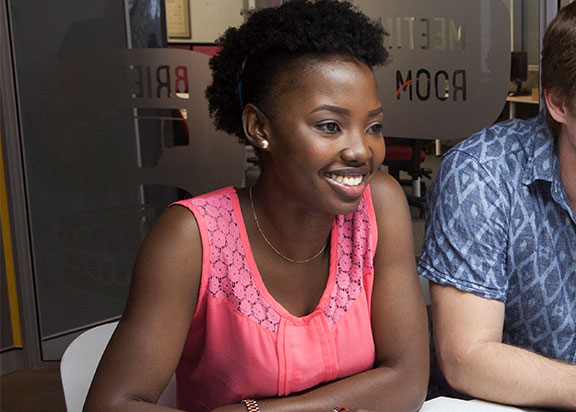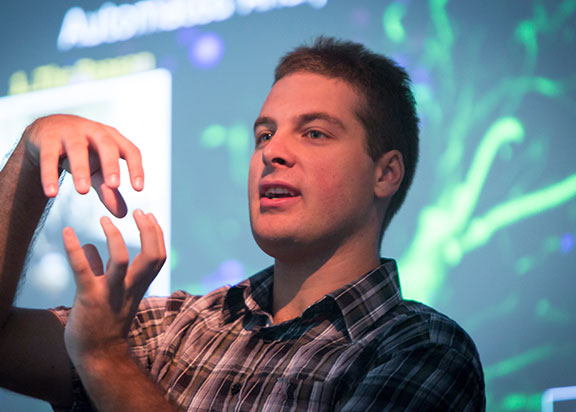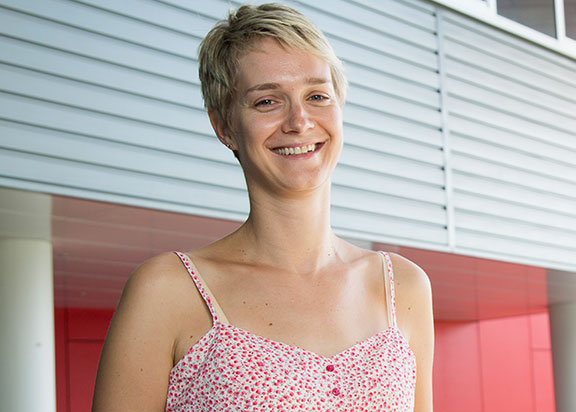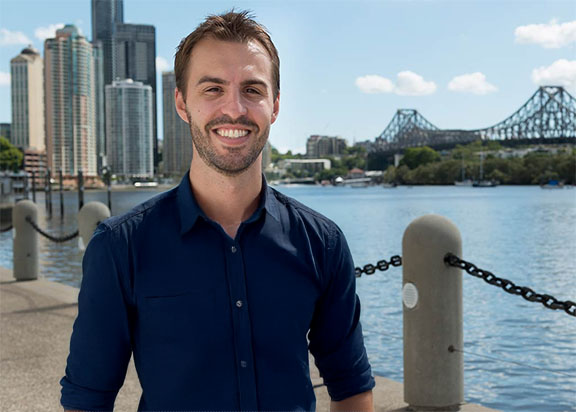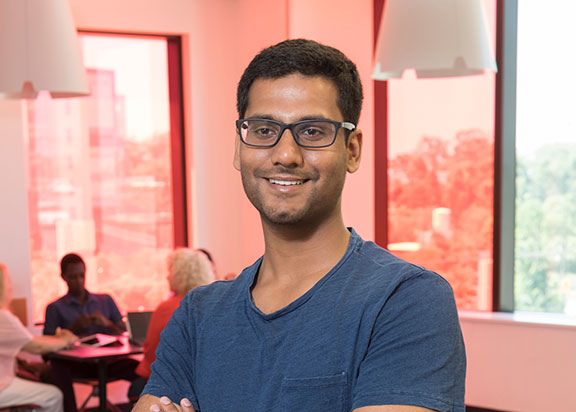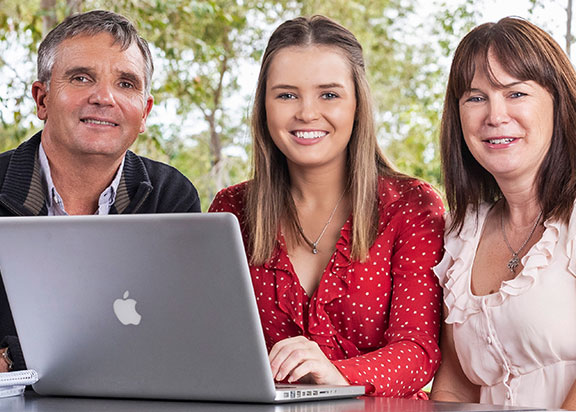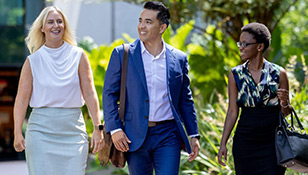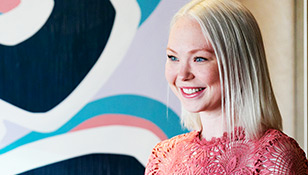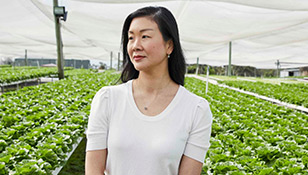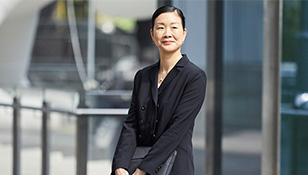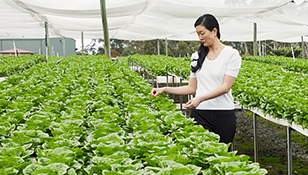The need for net zero
Climate change is undoubtedly shaping fiscal policy today, as governments put budget into disaster management funds, and businesses report losses. In a United Nations survey of global CEOs, over half reported that they are grappling with supply-chain interruptions due to extreme weather events.
Add that to Covid driving an increase in online shopping, consumers wanting to buy local, plus interest rate rises, and you have a perfect storm of businesses needing to adapt, fast. One thing that’s certain is that we must collectively reach net zero emissions by 2050, and old ways of thinking – and leading – won’t get us there.
A new kind of leadership
Rarely has a full generation of CEOs faced so big an opportunity – and so great a threat. This is a time like no other for bold, ambitious leadership.
We need leaders that can drive their organisations to benefit from the inherent opportunities that lie in targeting net zero. As the World Economic Forum 2022 Insight Report outlines: “An accelerating net-zero transition will challenge heritage business models and create opportunities for early movers. Climate leaders can attract and retain better talent, realize higher growth, save costs, avoid regulatory risk, access cheaper capital and create new sources of value for customers... Rarely has a full generation of CEOs faced so big an opportunity – and so great a threat. This is a time like no other for bold, ambitious leadership. It’s time to move.”
Purpose for the win
Griffith MBA alumni Jennifer Cheung is not only steering her organisation to survive this perfect storm, but also thrive in the process. As Finance Manager Sustainability – Woolworths Group, she credits her study with helping her both land and now succeed in the role. Without the knowledge gained from my studies and passion for sustainability I demonstrated in that interview, this life-changing opportunity would never have arisen
Cheung shares. What I have learned is that organisations can’t transform and bring sustainability initiatives to life without governance, rigour, and systems, and Woolies has shown me organisations can be both for profit, and for purpose… I think we’ve gotten to a point where we know we can do more than just make money. We can make an impact. I really loved my Griffith MBA. It was an MBA with heart.
I think it’s the best job, because when I turn up to work every day, I get to see these amazing initiatives that will change how we live our lives. A future where we all care about sustainability – that’s what matters to me.
A new kind of MBA
If you also want to make a difference, a Griffith MBA can help you get there. As the world’s most sustainable MBA (ranked by Corporate Knight three years running), a Griffith MBA will better prepare you to serve the interests of people and the planet, and build businesses that are more viable long-term. With units underpinned by the UN’s 17 Sustainability Development Goals, students gain critical future-proofing perspectives.
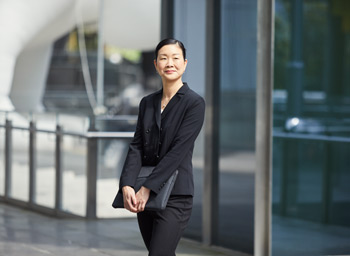
You’ll focus on areas of study including Developing Values-based Leadership where you’ll learn to apply problem solving and problem management theories and frameworks, so you can lead effectively based on your organisation’s values and get the best out of your teams.
Among other critical-thinking units, you’ll also study Strategy for Purpose, where you’ll be challenged to think about the role strategy has typically played (as a tool for shareholder returns and profit) and the shifting responsibilities organisations have in creating broader value for communities and the environment.
Wherever 2050 takes you, it’s clear that leadership and purpose are inextricably linked: to make it as a leader is to make a better world.
Scholarships
We offer a range of scholarships and awards to support international students studying our undergraduate, postgraduate, research and pathway programs.

Scholarships
We offer hundreds of scholarships, providing financial support to a wider range of students.

Scholarships
We offer hundreds of scholarships, providing financial support to a wider range of students.

